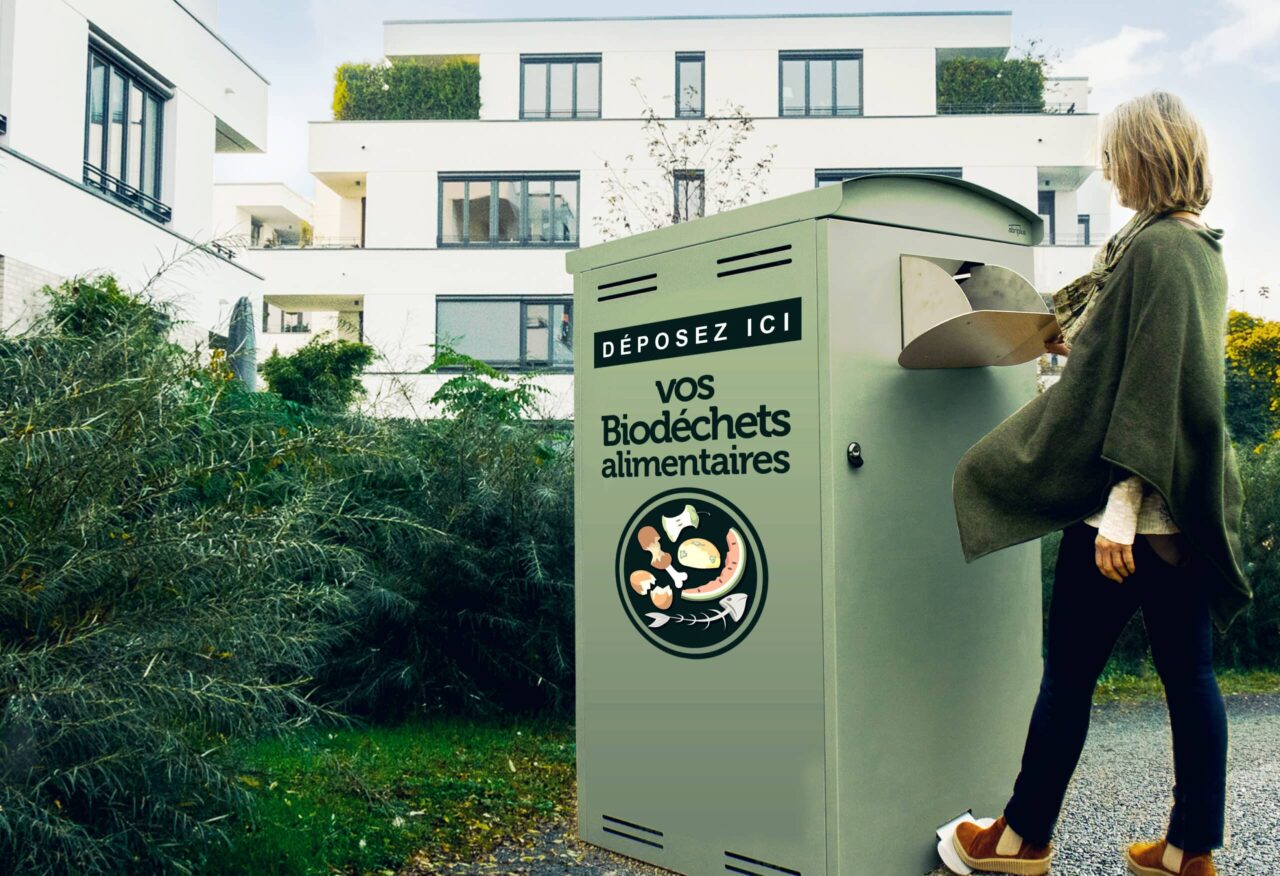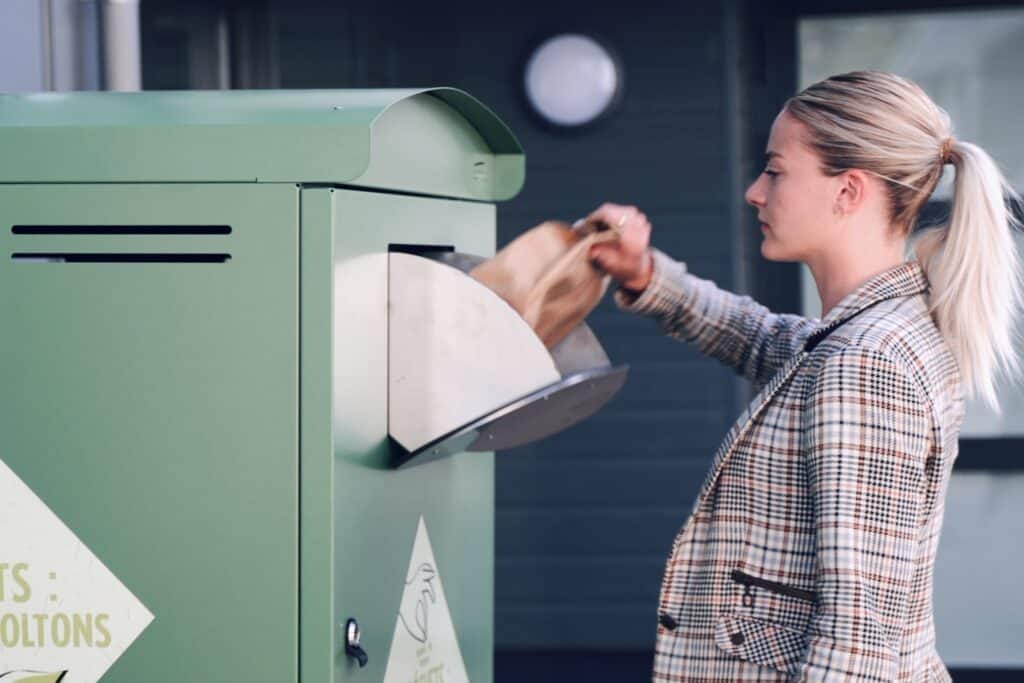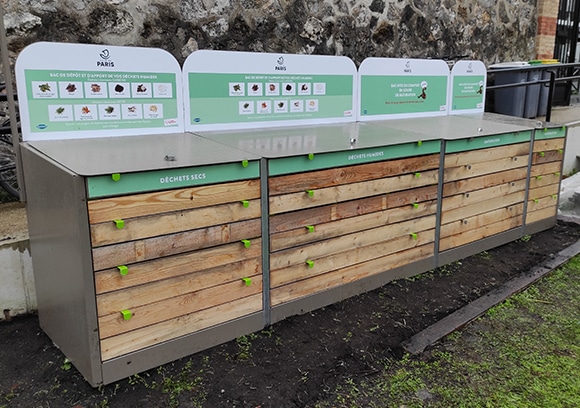Sorting bio-waste: which solutions to choose?

From January1, 2024, all French households will have to have a solution for sorting their organic waste, which today makes up more than a third of their garbage cans!
In practical terms, this means that local authorities will be obliged to offer individuals separate collection solutions for biowaste, including composting.
In today’s context of soil organic matter depletion, there is a real need for natural organic soil improvers. All this food waste is actually a useful resource that needs to be recycled separately. The aim is to create a circular economy for organic matter.
Already applied since 2012 for the biggest producers of biowaste, source separation of organic waste can be applied to the entire population from 2024. To achieve this, there are 2 types of solution:
- Separate collection of biowaste: organic waste is collected and transported to recovery sites (composting or methanization platforms).
- Local bio-waste management: organic waste is directly recycled in situ through composting
Each of these solutions has its advantages, and they often complement each other!
BIO-WASTE COLLECTION
Biowaste collection is suitable for dense, highly urbanized areas, and can handle large volumes of food waste.
Voluntary drop-off center collection
One of the most effective ways of collecting food waste, especially on a large scale, is to create a network of collection bins. Just as everyone goes to the nearest glass container to dispose of bottles and jars, the same can be done for the organic waste we all produce on a daily basis.
Particularly well-suited to urban environments and easy to set up, the BioCollect is a Point d’Apport Volontaire (PAV) specially designed for bio-waste. Nothing has been left to chance in its design, to ensure that collection is trouble-free and that it blends seamlessly into the landscape.
Door-to-door collection
Home collection of food waste can also be envisaged to simplify sorting by residents. To do this, the refuse truck must be dedicated to this type of waste, or have separate compartments. This is a practical solution for residents, who can take out their organic waste garbage cans every week in the same way as their conventional garbage cans. On the other hand, it can be costly and a little less environmentally friendly: truck rounds have to be made every week for all residents.
COMPOSTING IN ALL ITS FORMS
Local bio-waste management is more economical and more virtuous: the less waste is transported, the less CO2 it generates! It creates a social bond, but requires training and encouragement.
Individual garden composting
Particularly well-suited to rural and suburban areas, the individual composter placed in the garden remains a simple, environmentally-friendly solution. This solution can be implemented in the form of grants offered by town halls for the purchase of a composter. It can be deployed for all households with outdoor space. This equipment helps people to take responsibility for their own waste and transform it without having to transport it elsewhere! Communication with users to explain the right gestures for successful composting is recommended.
The vermicomposter
Apartment dwellers can also purchase an individual composter by opting for the vermicomposter solution. Based on the digestion of food waste by earthworms, these small composters have the advantage of taking up little space and containing odours perfectly. They’re also a good back-up solution, just like the garden composter. Nevertheless, this solution often suffers from reluctance at the idea of welcoming glasses of soil into the home…
The community composter
If you want to compost on a larger scale and make direct use of the biowaste produced by local residents, a collective composter is ideal. Complementary to pre-collection bins, they can be placed in parks or any other green space. By offering a schedule for depositing organic waste, and with the participation of a master composter, a collective composter also makes it possible to animate a genuine neighborhood life and raise awareness of composting. Ecological awareness and social ties are its great assets.
Our BioCompost collective composter has therefore been specially designed for intensive use in urban environments.
Share this article

